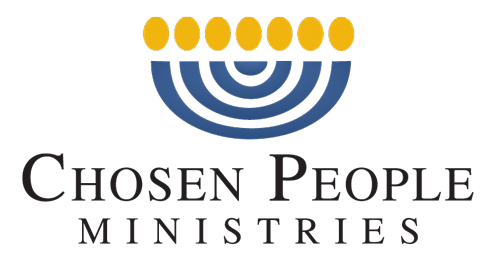We are about to celebrate the Jewish New Year, which is called Rosh Hashanah. In Hebrew, Rosh Hashanah literally means “the head of the year.” There are ten days between the Feast of Trumpets (Rosh Hashanah) and the Day of Atonement (Yom Kippur) according to the holy days calendar outlined in Leviticus 23:23–27. In Jewish tradition, these ten days are called the Ten Days of Repentance. Our Jewish sages tell us that we have ten days to make things right between ourselves and God and between ourselves and our fellow man.
As followers of Jesus, we do not believe we are able to earn God’s forgiveness—He provides salvation and forgiveness graciously and freely (Ephesians 2:8–9). Our sin always requires payment, and the Day of Atonement graphically illustrates this. The Scriptures depict the Levitical priests offering blood sacrifices at the Temple altar for sinful humanity throughout the centuries until the Temple was destroyed.
As Moses explained, “For the life of the flesh is in the blood, and I have given it to you on the altar to make atonement for your souls; for it is the blood by reason of the life that makes atonement” (Leviticus 17:11).
Yet, we know that these offerings pointed to Jesus, the perfect sacrifice for our sins. As the author of Hebrews wrote, “He has been manifested to put away sin by the sacrifice of Himself ” (Hebrew 9:26).
This atonement, achieved through the Messiah’s once-for-all death, was effective for all sins, for all time, and for all people. Unfortunately, most of my Jewish friends and family do not understand this. Jewish people today are generally unfamiliar with the Temple’s sacrificial system, which ended when the Romans destroyed this magnificent house of worship in AD 70.
This atonement, achieved through the Messiah’s once-for-all death, was effective for all sins, for all time, and for all people.
Sacrifice for sin is now only a corporate, historical Jewish memory. Modern Jews now only read about the Temple sacrifices in the Bible or Jewish literature and visit the Western Wall in Jerusalem, which was an outer wall of the Temple mount that still stands and reminds us of what once was.
Most Jewish people do not think about sin or atonement in the same way Christians do. Contemporary Judaism adjusted to the destruction of the Temple and teaches that the performance of good deeds is a substitute for the sacrifices of animals. Modern Judaism teaches that one’s name is written in the Book of Life when good deeds outweigh wicked deeds.
Yet, Jewish tradition teaches that the Temple will be rebuilt one day and that sacrifices will be restored. However, most Jewish people do not know about this future rebuilding of the Temple as it is believed by only the most ultra-religious within the Jewish community.
In fact, the Jewish people to whom I am the closest seem to live as agnostics or even atheists most of the year. Yet, surprisingly, many open their hearts to God and even yearn for forgiveness of sin during the high holidays. Maybe this is why the Day of Atonement is the most well-attended Jewish service of the year!
All human beings appear to have a deep inner longing for forgiveness; to forgive others and to be forgiven—even to forgive ourselves.


